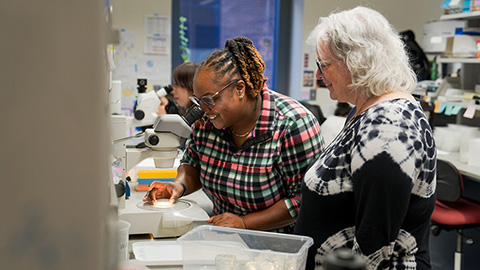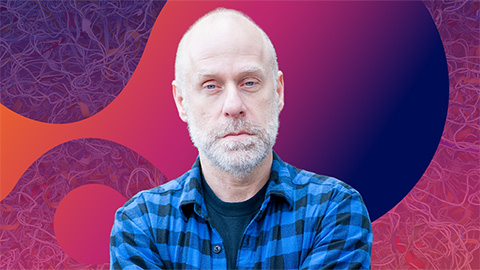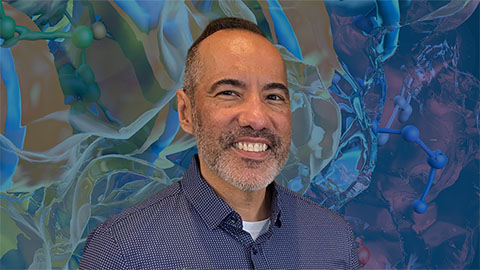Gokhale named biotech secretary; Wecewicz receives alumni award
Gokhale takes over as government biotechnology secretary
Rajesh Gokhale, who studies tuberculosis at India's National Institute of Immunology in New Delhi, has been appointed the secretary of the Indian Department of Biotechnology. He started in this new position on November 1.

The Department of Biotechnology, part of the ministry of science and technology, funds scholarships, research awards and scientific training efforts; coordinates large studies such as cataloging genetic variation in India; administers core facilities for advanced imaging, electron microscopy and mass spectrometry; and supports independent research institutes with a variety of focus areas. As the department’s secretary, Gokhale will be second in command to biotechnology minister Jitendra Singh, who reports to the prime minister of India.
Gokhale's research focuses on mycobacterium tuberculosis, the pathogen that causes tuberculosis, and its metabolism. He studies polyketide synthases, which generate a wide variety of metabolites that contribute to pathogenicity. He also has studied skin pigmentation, contributing to scientific understanding of the autoimmune disorder vitiligo.
Gokhale is a past member of the editorial board of the Journal of Biological Chemistry and a former Howard Hughes Medical Institute international scholar. In addition to other honors, he is a fellow of the Indian National Science Academy, the National Academy of Sciences India and the India Academy of Sciences.
Young alumni award for Wencewicz
Timothy Wencewicz, an associate professor at Washington University in St. Louis, received the Southeast Missouri State University Alumni Association's Distinguished Young Alumni award in October.

Wencewicz studies antimicrobial resistance, including investigations into the microbial enzymes that break down and inactivate currently available antibiotics. He has studied new potential antimicrobial delivery systems, such as conjugating an antimicrobial agent to a siderophore, a type of iron-conjugating molecule that many microbes use to scavenge iron from the environment, to sneak the antimicrobial molecule into the cell.
After he attended Southeast Missouri State University as an undergraduate, Wencewicz earned his Ph.D. in chemistry at the University of Notre Dame and trained as a postdoc at Harvard Medical School. He returned to Missouri in 2013 to join the faculty at Washington University.
Wencewicz serves on the editorial boards of the Journal of Biological Chemistry and the Journal of Antibiotics. In addition to this recent honor, he has received he has received are a Cottrell Scholar Award, a Camille Dreyfus Teacher–Scholar Award and a Sloan Research Fellowship in chemistry.
Enjoy reading ASBMB Today?
Become a member to receive the print edition four times a year and the digital edition monthly.
Learn moreGet the latest from ASBMB Today
Enter your email address, and we’ll send you a weekly email with recent articles, interviews and more.
Latest in People
People highlights or most popular articles

Building a stronger future for research funding
Hear from Eric Gascho of the Coalition for Health Funding about federal public health investments, the value of collaboration and how scientists can help shape the future of research funding.

Fueling healthier aging, connecting metabolism stress and time
Biochemist Melanie McReynolds investigates how metabolism and stress shape the aging process. Her research on NAD+, a molecule central to cellular energy, reveals how maintaining its balance could promote healthier, longer lives.

Mapping proteins, one side chain at a time
Roland Dunbrack Jr. will receive the ASBMB DeLano Award for Computational Biosciences at the ASBMB Annual Meeting, March 7–10, just outside of Washington, D.C.

2026 voter guide
Learn about the candidates running for Treasurer-elect, Councilor and Nominating Committee.

Meet the editor-in-chief of ASBMB’s new journal, IBMB
Benjamin Garcia will head ASBMB’s new journal, Insights in Biochemistry and Molecular Biology, which will launch in early 2026.

Exploring the link between lipids and longevity
Meng Wang will present her work on metabolism and aging at the ASBMB Annual Meeting, March 7-10, just outside of Washington, D.C.
